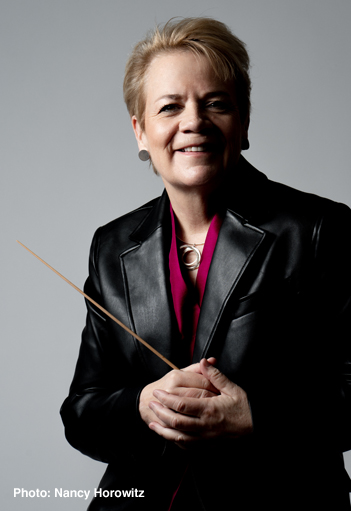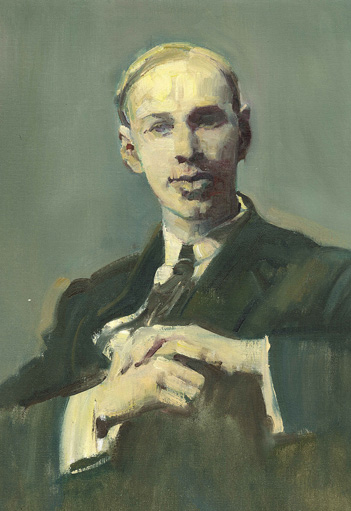Tracklist
Alsop, Marin (Conductor)
Alsop, Marin (Conductor)
Alsop, Marin (Conductor)
Alsop, Marin (Conductor)
Alsop, Marin (Conductor)
Alsop, Marin (Conductor)
Alsop, Marin (Conductor)
Alsop, Marin (Conductor)
Alsop, Marin (Conductor)
Alsop, Marin (Conductor)
Alsop, Marin (Conductor)
Alsop, Marin (Conductor)
Alsop, Marin (Conductor)
Alsop, Marin (Conductor)
Alsop, Marin (Conductor)
Alsop, Marin (Conductor)
Alsop, Marin (Conductor)
Alsop, Marin (Conductor)
Alsop, Marin (Conductor)
Alsop, Marin (Conductor)
Alsop, Marin (Conductor)
Alsop, Marin (Conductor)
Alsop, Marin (Conductor)
Alsop, Marin (Conductor)
Alsop, Marin (Conductor)
Alsop, Marin (Conductor)
Alsop, Marin (Conductor)
Alsop, Marin (Conductor)
The São Paulo Symphony Orchestra (Osesp) is one of the most significant symphonic groups in Latin America. Having undertaken 13 international tours and 4 national tours, recorded over 100 albums and performed an average of 120 performances per season, it continues to change the country’s musical landscape and carve an acclaimed path outside Brazil, gaining recognition from the international press and awards such as the Latin GRAMMY for Best Classical Music Album (2007). In 2016 Osesp performed at three prestigious European summer festivals, and in 2019 became the first professional Latin American orchestra to tour China. The orchestra made its debut at Carnegie Hall, New York in 2022.
Thierry Fischer has been principal conductor and music director since 2020, succeeding Marin Alsop, Yan Pascal Tortelier, John Neschling, Eleazar de Carvalho, Bruno Roccella and João de Souza Lima. Osesp also includes the Symphonic, Youth and Children’s Choirs; Music Academy, digital label, publishing house and Discover the Orchestra. Founded in 1954, the orchestra has been managed by the Osesp Foundation since 2005.


One of the foremost conductors of our time, Marin Alsop represents a powerful and inspiring voice. The 2023/24 season marks her fifth as chief conductor of the ORF Vienna RSO; her first as artistic director and chief conductor of the Polish National Radio Symphony; and her first as principal guest conductor of London’s Philharmonia Orchestra. She will begin a new position as principal guest conductor of The Philadelphia Orchestra in the 2024/25 season. She is also chief conductor of the Chicago Symphony Orchestra residency at the Ravinia Festival.
A full decade after becoming the first female conductor of the Last Night of the Proms, Alsop made history again in September 2023, as both the first woman and the first American to guest conduct three Last Nights.
In 2021, she assumed the title of music director laureate and OrchKids Founder of the Baltimore Symphony Orchestra after a 14-year tenure as music director, and in 2019, after seven years as music director, she became conductor of honour of Brazil’s São Paulo Symphony Orchestra (OSESP). Deeply committed to new music, she was music director of California’s Cabrillo Festival of Contemporary Music for 25 years.
Recognised with BBC Music Magazine “Album of the Year” and Emmy nominations in addition to GRAMMY, Classical BRIT and Gramophone awards, Alsop’s discography comprises more than 200 titles. The first and only conductor to receive a MacArthur Fellowship, she has also been honoured with the World Economic Forum’s Crystal Award, among many other awards and academic positions.
RELATED ARTICLES:
Entrevista com a maestrina Marin Alsop
Marin Alsop: La dama de la batuta
A Requiem in Reverse?: Marin Alsop talks to Jeremy Siepmann
Discovering Bartók: Marin Alsop talks to Jeremy Siepmann

Sergey Prokofiev, precocious as a child, entered the St Petersburg Conservatory in 1904, by which time he had already written a great deal of music. At the Conservatory he shocked the more conservative director, Glazunov, but learned much from an older fellow student, the composer Myaskovsky. After the Revolution he was given permission to travel abroad and remained intermittently out of Russia, in America and then in Paris, until his final return to Russia in 1936. At home, though in touch again with the root of his inspiration, he found himself out of favour with the authorities and in 1948 the subject of particular and direct censure. His death in 1953, on the same day as Stalin, deprived him of the enjoyment of the subsequent relaxation in musical censorship that then took place. In style Prokofiev is ironic, writing in a musical language that is often acerbic.
Stage Works
Prokofiev first attempted to write an opera at the age of nine. More mature operas include The Love for Three Oranges, written in 1919 for Chicago, The Fiery Angel and War and Peace, the last based on Tolstoy’s novel. An early ballet score for Diaghilev proved unacceptable, but later ballets, once rejected as undanceable, include Romeo and Juliet and the 1944 Cinderella. Both ballets as well as the first mentioned opera are known to concert audiences from the composer’s own orchestral suites based on them. The Prodigal Son was commissioned by Diaghilev and first staged in Paris in May 1929, three months before the impresario’s death. Film scores by Prokofiev include Eisenstein’s Alexander Nevsky and Ivan the Terrible. Music for the film Lieutenant Kijé, about a fictional character created by a clerical error and maintained in existence to the end, was written in 1933.
Orchestral Music
Symphonies
Prokofiev wrote seven symphonies. Of these the ‘Classical’ Symphony (No. 1), written in 1916–17 with the work of Haydn in mind, is the best known. The Fifth Symphony of 1944 is a work on a much larger scale. The Third Symphony makes use of material from the opera The Fiery Angel, and the Fourth Symphony draws on the ballet The Prodigal Son.
Concertos
Of Prokofiev’s five piano concertos the third is the best known, written in the composer’s instantly recognisable musical language, from the incisive opening to the motor rhythms that follow, in a mixture of lyricism and acerbic wit. More overtly Romantic in feeling are the two fine violin concertos. His early Cello Concerto, completed in 1938, was followed 14 years later by his Cello Concertino, completed by the cellist Rostropovich and the composer Kabalevsky after Prokofiev’s death.
Choral and Vocal Music
In addition to a wide variety of choral and vocal music, which includes a concert version of the film score for Alexander Nevsky, Prokofiev wrote a number of less memorable works for various occasions of political importance.
Chamber Music
Chamber music by Prokofiev includes two sonatas for violin and piano, the second originally for flute and piano and revised by the composer with the help of the violinist David Oistrakh. He completed his C major Cello Sonata in 1949, but a second sonata for the instrument was left unfinished at the time of his death. The Five Melodies for violin and piano, based on earlier songs, are also in general repertoire.
Piano Music
Prokofiev, himself a formidable pianist, completed nine piano sonatas out of a projected eleven. His music for piano also includes piano versions of music from the ballets Romeo and Juliet and Cinderella.
Music for Children
One of the most widely known of all Prokofiev’s compositions is his tale for children Peter and the Wolf, for narrator and orchestra. It is a simple pedagogical work to introduce to children the instruments of the orchestra, with instruments or groups of instruments representing characters in the story.






























